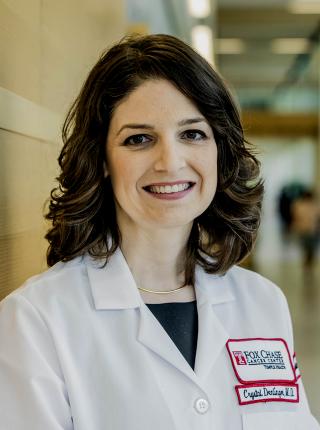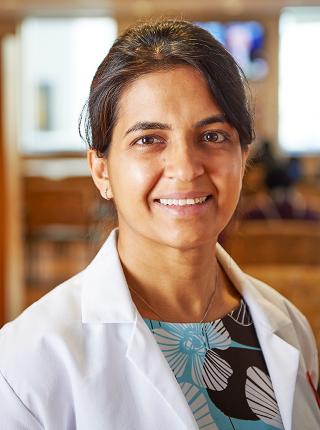The information presented in Oncology News Connection (ONC) eNewsletter is provided for physicians and other healthcare providers only and should not be shared with any current or future patients. If you are not a healthcare provider, we welcome you to sign up for Thrive eNewsletter to receive the latest information and blog highlights from Fox Chase Cancer Center.

The pace of drug development for advanced hepatocellular carcinoma (HCC) has historically been slow. With HCC rates rising in the US, there has been a sense of urgency to find new treatments to optimize outcomes. Sorafenib, a multikinase inhibitor, was approved by the FDA in 2005 as the first systemic therapy for advanced HCC. A dozen years passed, then a wave of new options came forward. In 2017, regorafenib was approved for patients previously treated with sorafenib. That same year, nivolumab, a monoclonal antibody that interferes with the PD-1 receptor, became the first checkpoint inhibitor to enter the market. Approvals sped up in 2018-2019 and included the third and fourth multikinase inhibitors, lenvatinib and cabozantinib, the second checkpoint inhibitor, pembrolizumab, and the direct vascular endothelial growth factor receptor antagonist, ramucirumab.

“The exciting thing about HCC is that we now have many new drugs for first and second-line therapy,” said Crystal Denlinger, MD, FACP, Chief of Gastrointestinal Medical Oncology at Fox Chase Cancer Center. “With a multitude of ways to attack cancer, we are seeing higher response rates and improved survival.”
Research into new therapies for HCC continues to expand, and many institutions, such as Fox Chase Cancer Center and Temple Health, are combining their resources to continue groundbreaking research on the disease. “It is a great time for HCC clinical trials and research,” Denlinger said.

The Fox Chase and Temple Health HCC collaboration, led by Denlinger and Fox Chase medical oncologist Juhi Mittal, MD, combines expertise with cutting-edge treatment and clinical trial opportunities. One such trial is the Phase III HIMALAYA study, which is a randomized, open-label, multicenter, global study comparing the efficacy and safety of the immunotherapy combination durvalumab plus tremelimumab with monotherapy. Combination therapy trials are also opening for patients with refractory HCC who received prior anti-angiogenic therapy. Denlinger and Mittal are also collaborating on retrospective studies evaluating patient outcomes over time and in the new era of targeted agents and immunotherapies.
Rapid advances in HCC require being well ahead of the curve, and it takes an experienced team to manage HCC and liver comorbidities. GI oncologists at Fox Chase and Temple Health work across disciplines to optimize patient care. “We co-manage patients with hepatologists and speak with our colleagues in different disciplines to incorporate new therapies into our treatment paradigms. One challenge is that most HCC studies were performed in patients with good liver function and compensated cirrhosis, so it takes extensive expertise to apply the data to our patients with advanced HCC,” said Denlinger. “It is important to analyze the data to see how they are relevant to our patients,” added Mittal.
With more treatments available than ever before and many ongoing research initiatives, outcomes for patients with HCC are promising. “Patients come to us with hope, and now we have effective therapies to offer them.” Mittal said.
Three Things to Know About HCC Treatment
- Multiple systemic therapies are now available for patients with advanced HCC that are associated with improved response and survival rates.
- With new therapies rolling in, it is key to stay ahead of the curve to know how to maximize outcomes for the individual patient in the context of multiple new therapies.
- Early diagnosis and management by an experienced multidisciplinary team are critical to patient outcomes.